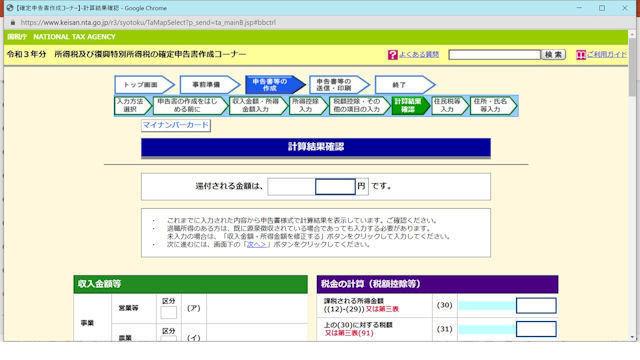Protect cryptocurrency and online account-Measures for cyber attacks aiming for financial assets (ZDNET JAPAN) --Yahoo! News
delivery
0コメント0件Protect virtual currency and online account-Images of measures against cyber attacks aiming for financial assets

Everyone is as dependent on the Internet and online services. This has a good side (for example, shopping from a website is easier and more convenient than visiting the actual store), but the risks to be considered have increased. Unfortunately, while online shopping and the spread of online banking, the convenience of life has improved, but fraud has become much easier than before. In the worst case, just stealing the username and password by a cyber criminal may be accessible to your financial assets. One of the most common tricks that cyber criminals use for bank account user names and passwords are fishing attacks. In this trick, an email (or SMS message) is sent to show banks and retailers to the source. The purpose of the attack is to deceive the victim and click the phishing link, and fear and doubt are used as a means of guiding the victim like that. For example, the message sometimes says that you want to click the link and check the details because transactions and purchases have been executed. In many cases, the attacker creates a fake version of the bank website. Unfortunately, if you receive a fake message, deceive and enter your username and password, those information will reach the attacker. Banks are not the only organizations that can be used by this trick. Almost any organization, such as retailers and government agencies, can be subject to spoofing. The attacker's aim is to get user information in any means. "Under the pandemic of the new colon virus infection, various fraudulent activities have been confirmed, from the notification of false courier service to the guidance of fake vaccine reservations. Cyber criminals are such a topic. In addition to attracting people's interest, it may be compelling and targeted by obtaining information from social media and customizing fraud according to each victim. " According to Sarah Lyons, the Deputy Director of the National Cyber Security Center (NATIONAL CYBER SECURITY CENTRE). In addition to this threat, some hackers try to infect the victim's device into a banking -type troyal wooden malware. This type of malware monitors user's computer or smartphone to monitor financial transactions and send all the related information to the attacker. Attackers often deceive victims and download malware. This method also uses a phishing link and a fake version of popular software, and sometimes a malicious app hidden in a popular mobile app store is used. NCSC advises that it is necessary to maintain good cyber hygiene throughout the online account and keep accounts as safe as possible in order to avoid the damage of cyber attacks aiming for financial information. This approach includes a strong password for each online account and to enable multi -factor authentication. In both cases, the attacker's account violation would be much more difficult. It is also necessary to pay attention to the clicks and limit the personal information to post to the public social media account. Such information may be used for identifying accounts and social engineering attacks. "By paying close attention when using social media, you can reduce the possibility of being a convincing phishing e -mail. Minimize the amount of personal information shared in social media, minimize the amount of personal information. Lyons can maintain a secure status by enabling privacy settings. Banks and other services often send alerts on suspicious activities on accounts. Paying attention to these alerts can protect the security of the account, but it is also necessary to keep in mind that cyber criminals have created a fake version of the alert and obtained information. If you have any suspicion in such alerts, you may want to contact the bank directly using the contact information on the bank's official website. If you find that you have suffered a phishing e -mail, you should immediately change your password and change your password in all accounts that may use the same password. If you lose money due to cyber crimes, you need to report damage not only to banks but also to police. The malicious app uses a clever trick to survive the security screening of the app store to eliminate unauthorized apps. It is often disguised as generally used apps and famous apps. Even if it has been in the app store for months, even if it is finally discovered and deleted, it has been downloaded before that, and in some cases the number of downloads is hundreds of thousands. 。 Be careful when downloading the app. If you check the reviews, you may get hints if you have a strange point. In many cases, those who download the app and suffer a cyber criminal, but it is pointed out in a review that the app is fake if the app does not work as advertised. There is also. These basic recommendations for security can be applied to many online services, but the new field of criminals is cryptocurrency (cryptocien assets). Cyber criminals are focusing on this new field and are increasing interest in the increase in cryptocurrencies, especially the high -value virtual currency, such as "bitcoin", gaining momentum.
Page 1/2
最終更新:ZDNet Japan notebook-laptop
notebook-laptop






